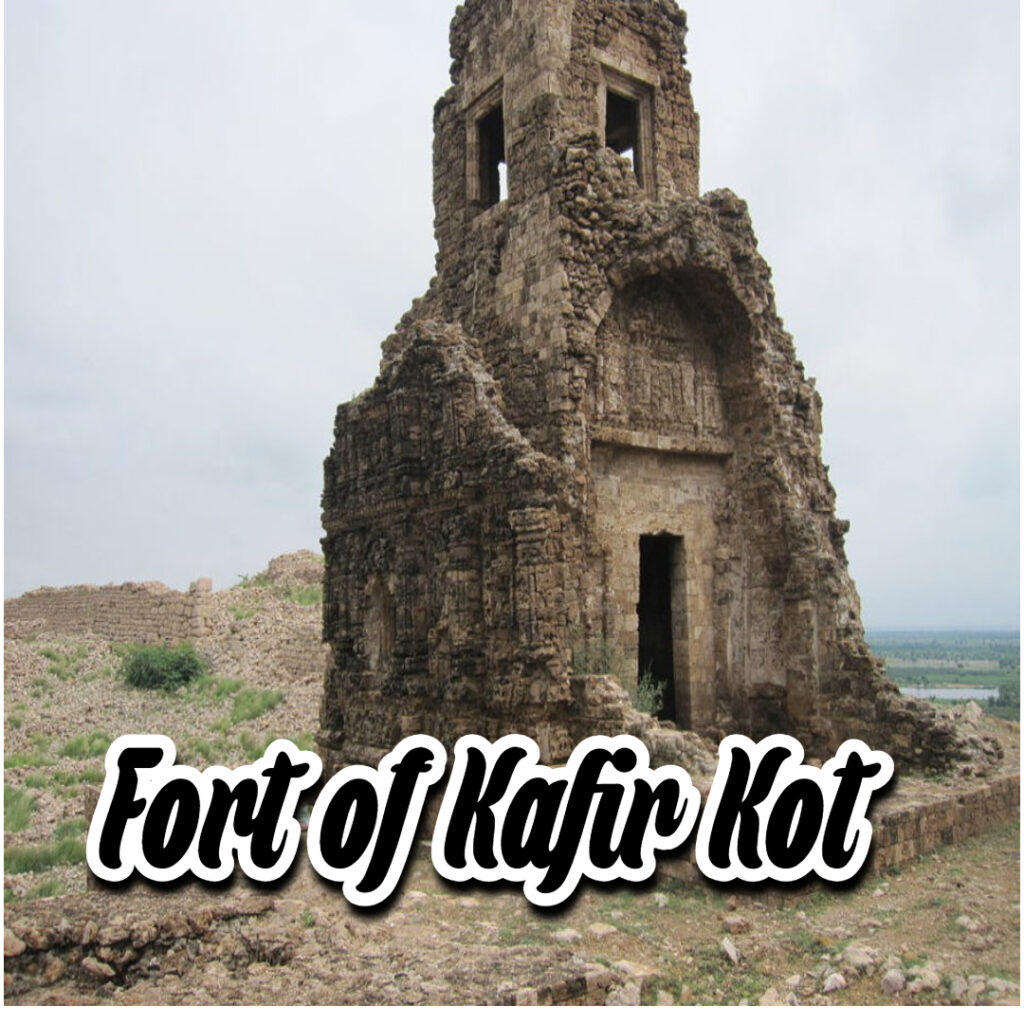Religious Tourism; A Bridge for Social Unity and Economic Growth

Religious tourism is define as the travel for religious or spiritual purposes; it plays an important role in shaping the social fabric of society. In countries like Pakistan, where religious heritage is tangle with the cultural and social identity of the nation, religious tourism has the potential to bring out insightful social changes.
Religious tourism in Pakistan promotes unity between communities by bringing together people from diverse backgrounds who share a common religious faith. Pilgrimages of different religions visits their holy sites such as Hanglaj Ma .ta temple in Balochistan is an important site for Hinduism, Panja Sahab in Hasan Abdal a significant place for Sikhism and Takt-i-Bahi a sacred site for Budhism creates opportunities for social interaction and bonding among people. These kind of gatherings promotes unity and tolerance among people for other religions.

However, religious tourism can act as catalyst for social integration, especially in a diverse country as Pakistan. The arrival of pilgrims from various regions, societies and linguistic groups encourages cross-cultural exchange and understanding. This interaction works as a bridge between socially divided societies and reduce ethnic tensions, raising a more comprehensive and harmonious society.
The economic impact of religious tourism cannot be underestimated. In Pakistan, religious tourism generates an extensive revenue, providing livelihood opportunities for local communities. The hospitality sector, including hotels, guesthouses, restaurants and transportation services, benefits significantly from the arrival of pilgrims. Vendors of small scale and artisans also flourish by selling religious artifacts, souvenirs, and food items to tourists.
This economic flourishing has a wave effect on social flexibility. As religious tourism creates job and boosts income levels, it can contribute to reducing poverty and improving living standards, particularly in rural and undeveloped areas. The development of infrastructure supports religious tourism, such as roads, hospitals, and sanitation facilities, enhances the quality of life for local residents.

However, the economic benefits of religious tourism are countless, leading to potential social inequalities. The commercialization of religious sites may demote local communities in some cases, especially if external investors rather than being reinvested in the local economy gain the profits. Ensuring that the economic gains from religious tourism are share equitably is crucial for preventing social tensions and fostering sustainable development.
Religious tourism plays a crucial role in cultural salvation and transformation. On one side, it help preserve and promote cultural heritage by attracting attention to historical and religious sites. In Pakistan, religious tourism has impelled efforts to restore and maintain important religious sites. The efforts made for preservation not only protect architectural heritage but also sustain cultural traditions belonged to these sites. On the other side, the arrival of tourists can lead to cultural transformation. The cultural exchange also raises concerns about the potential loss of native cultural tradition. While balancing preservation and transformation, it is essential to adopt culturally sensitive tourism traditions that respect the genuineness of local traditions.
Pakistan’s religious tourism is not only belonged to Muslim sites; it also includes important and sacred sites for Sikhs, Hindus, and Buddhists. The Kartarpur Corridor is very latest which allows Sikh Pilgrims from Idia to Visit the Gurduwara Darbar Sahib without a visa, is a very latest example how religious tourism can promote interfaith dialogue and cooperation. These kind of initiatives have the potential to improve relations between different religious, raising social harmony and mutual respect.

Religious tourism can provide a platform for promoting tolerance and understanding among different faith groups. It facilitates interaction between pilgrims of different religions; it can challenge stereotypes and biases, pave the way for a more peaceful living. The revival and promotion of religious sites associated with minority religions, such as the Katas Raj Temples for Hindus and Buddhist complex of Taxila, emphasize Pakistan’s rich diverse heritage and highlights the importance of interfaith harmony. Religious tourism in Pakistan is a significant force for social change, influencing community solidity, economic development, cultural preservation, and interfaith relations. It is essential to adopt broad, culturally subtle, and sustainable tourism traditions that respect the diverse religious and cultural landscape of Pakistan. In the end, we can say religious tourism can contribute to build a more united, prosperous and harmonious society.

